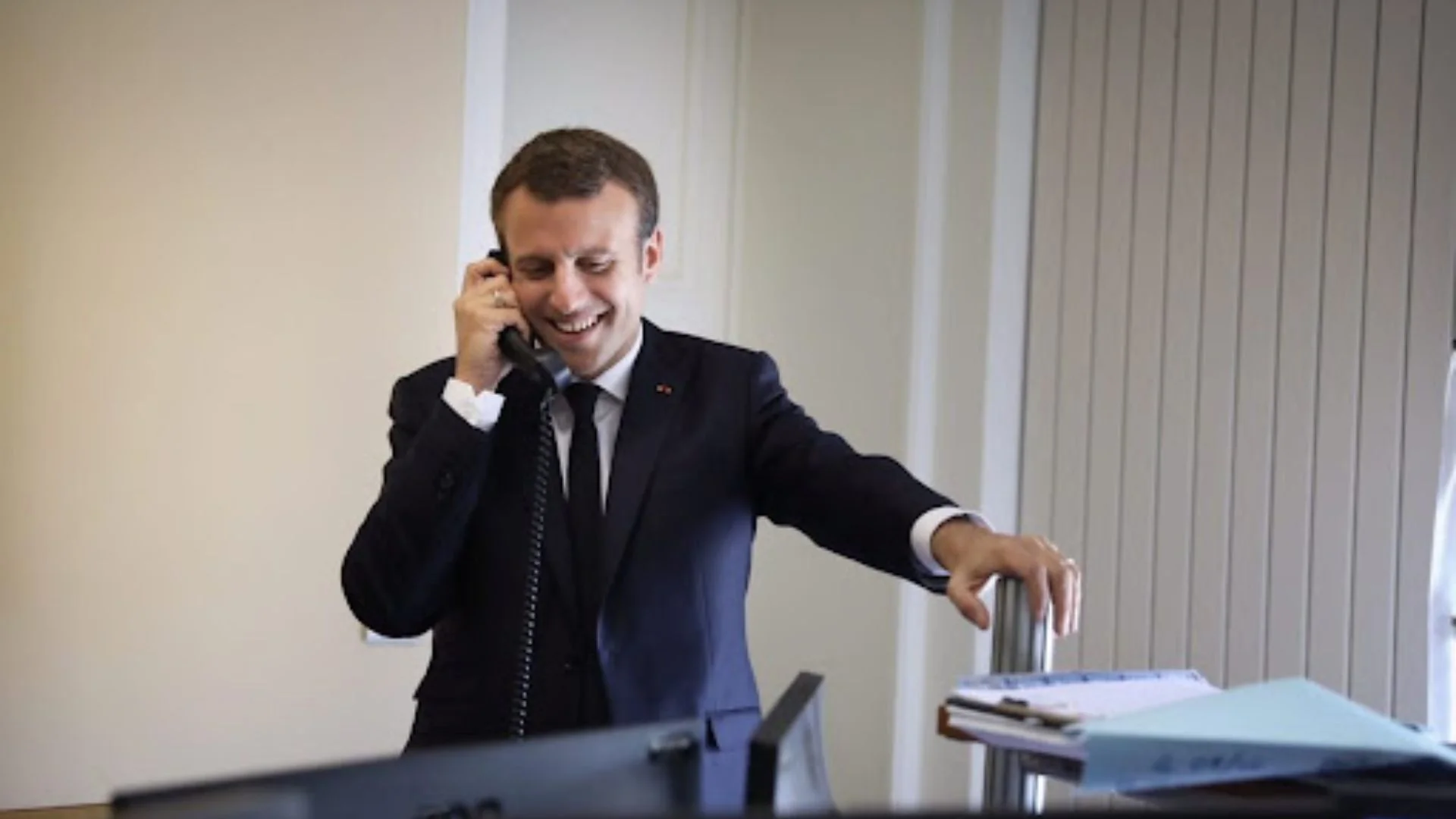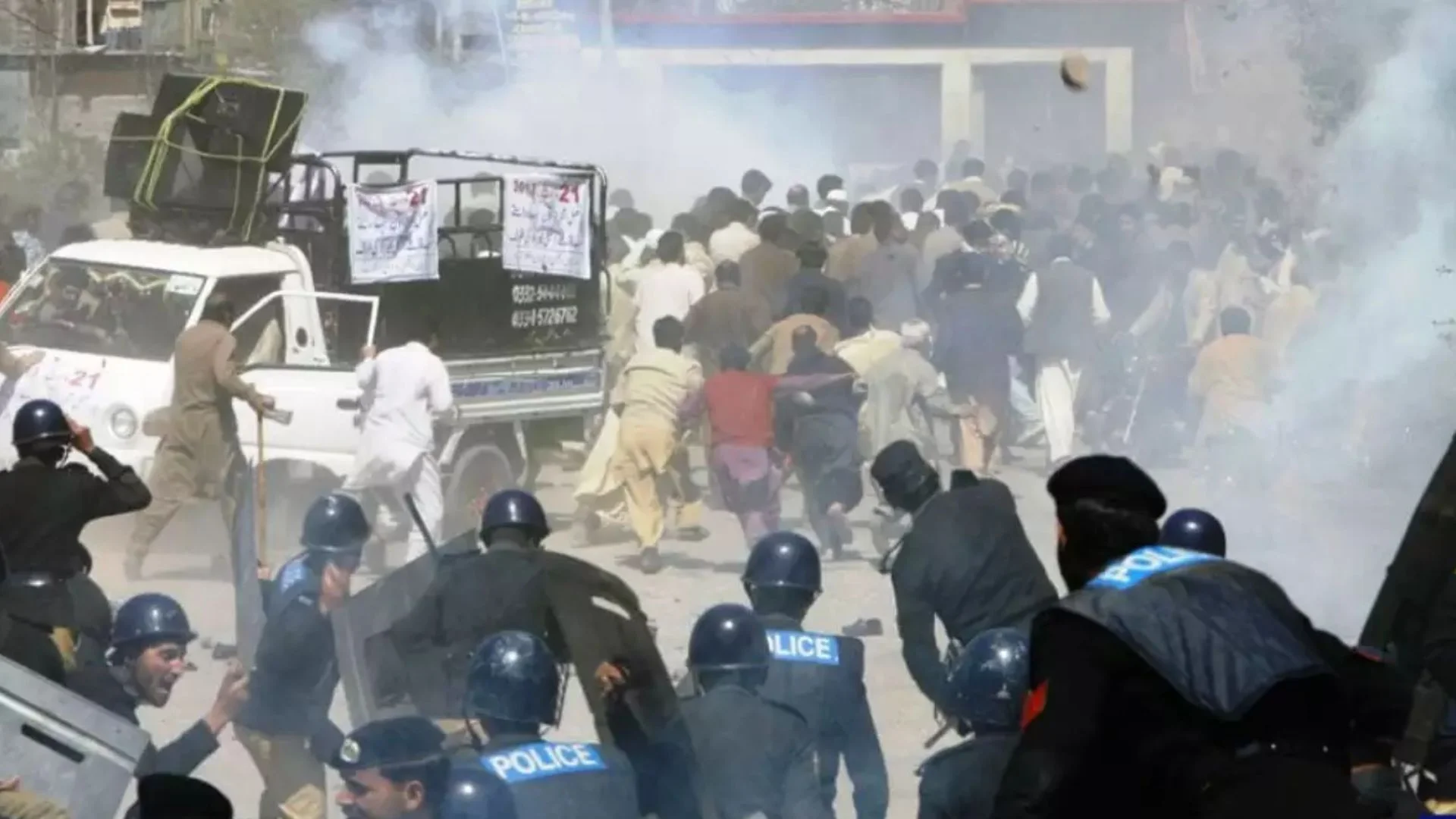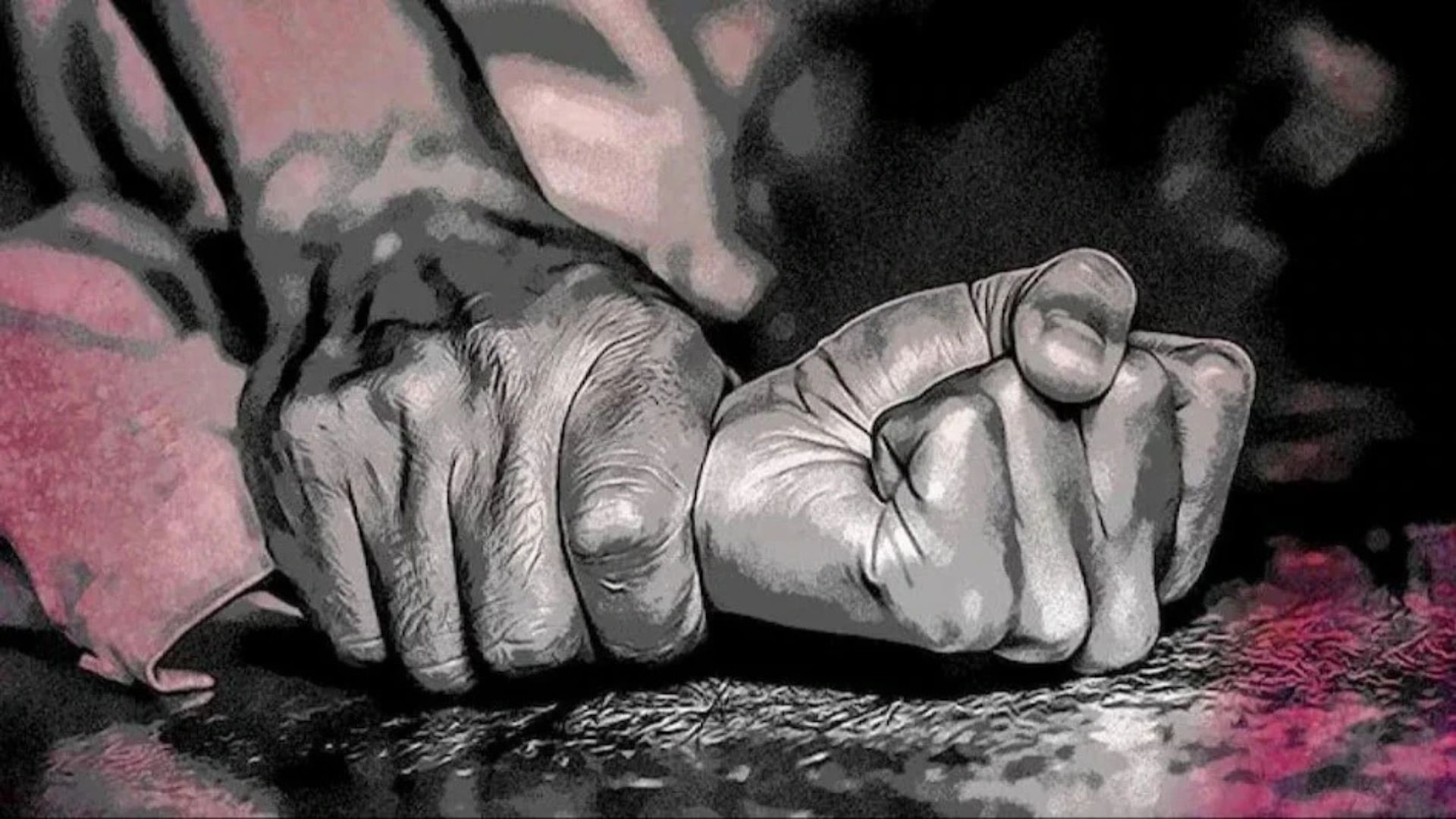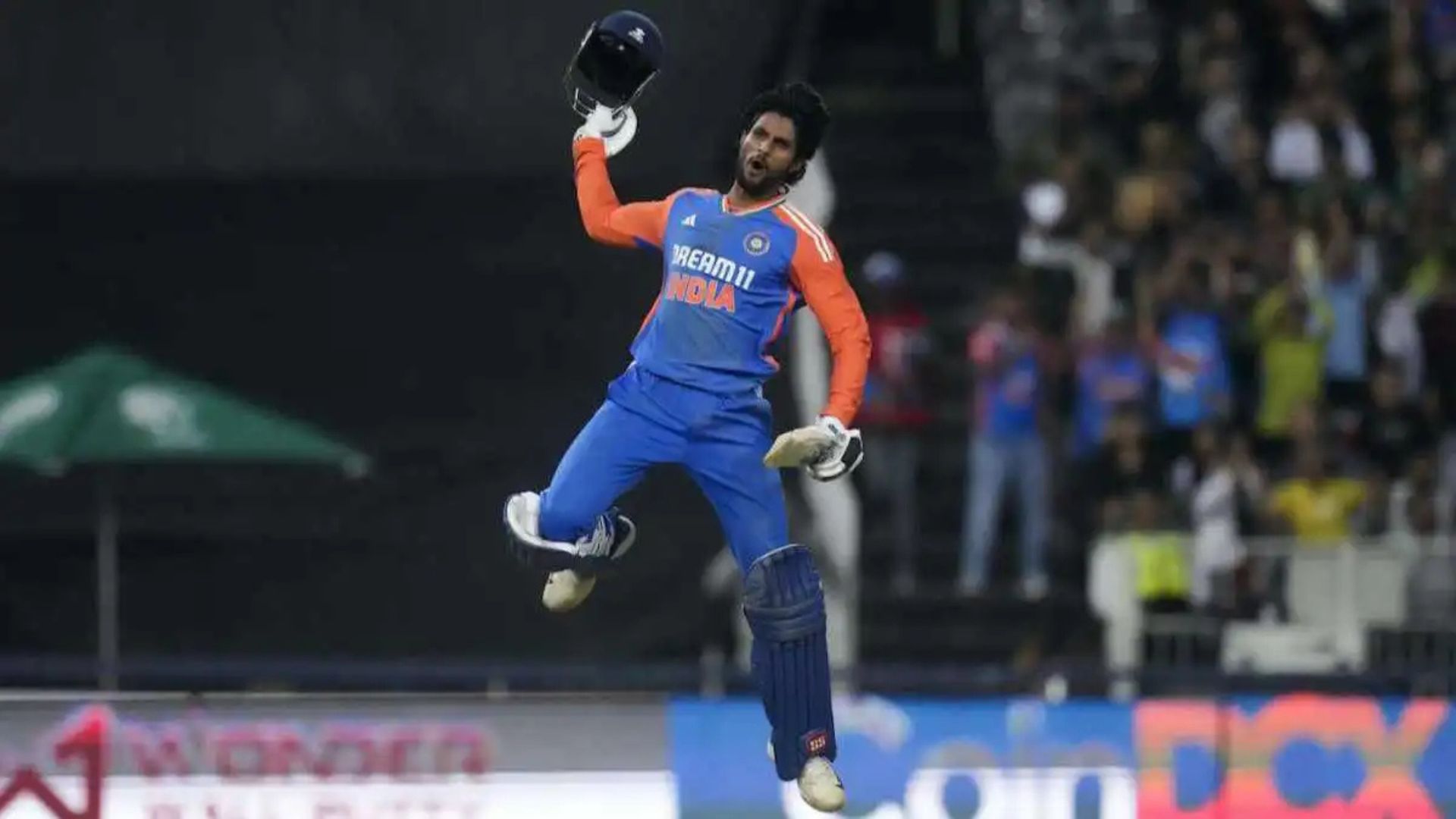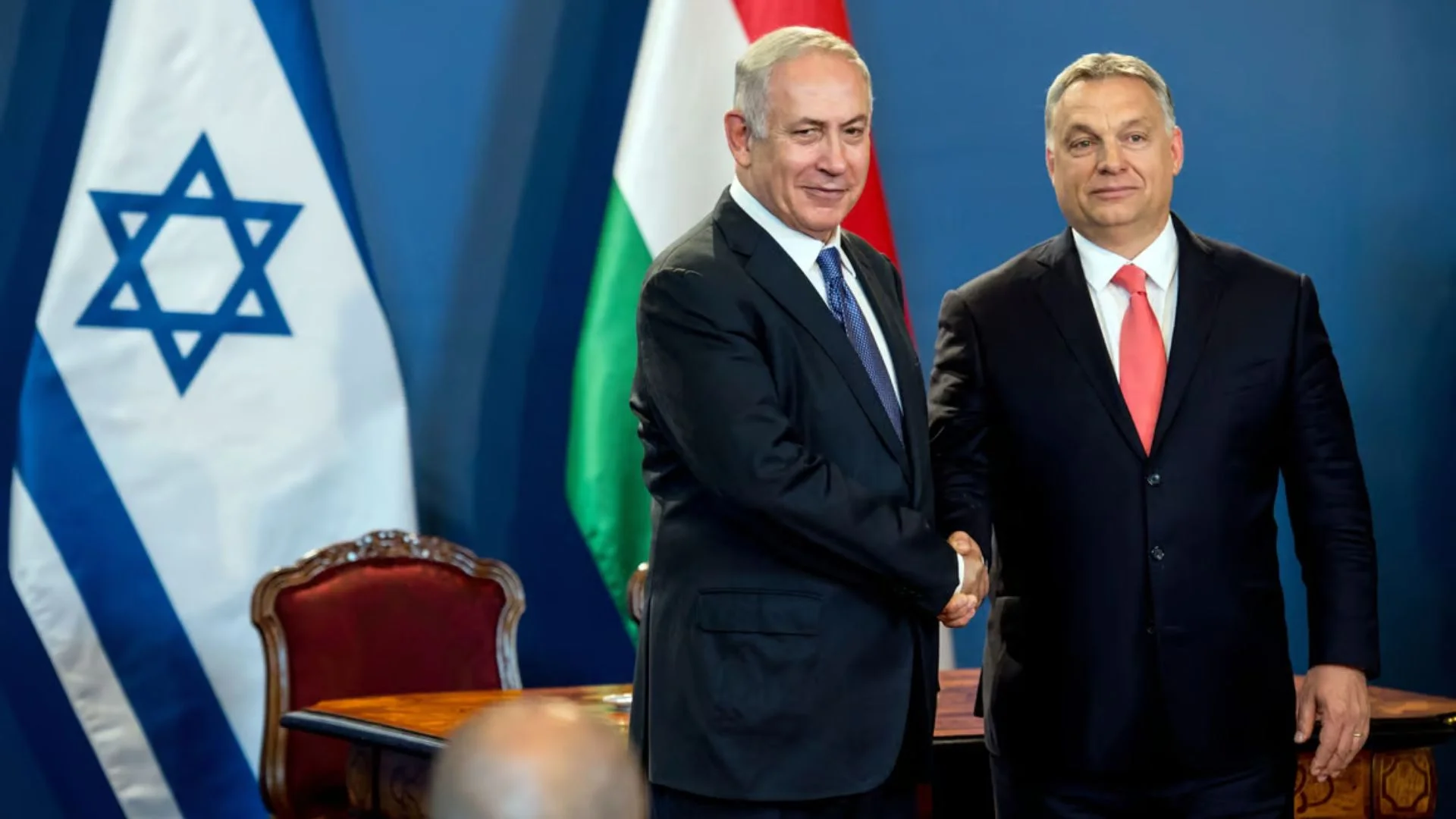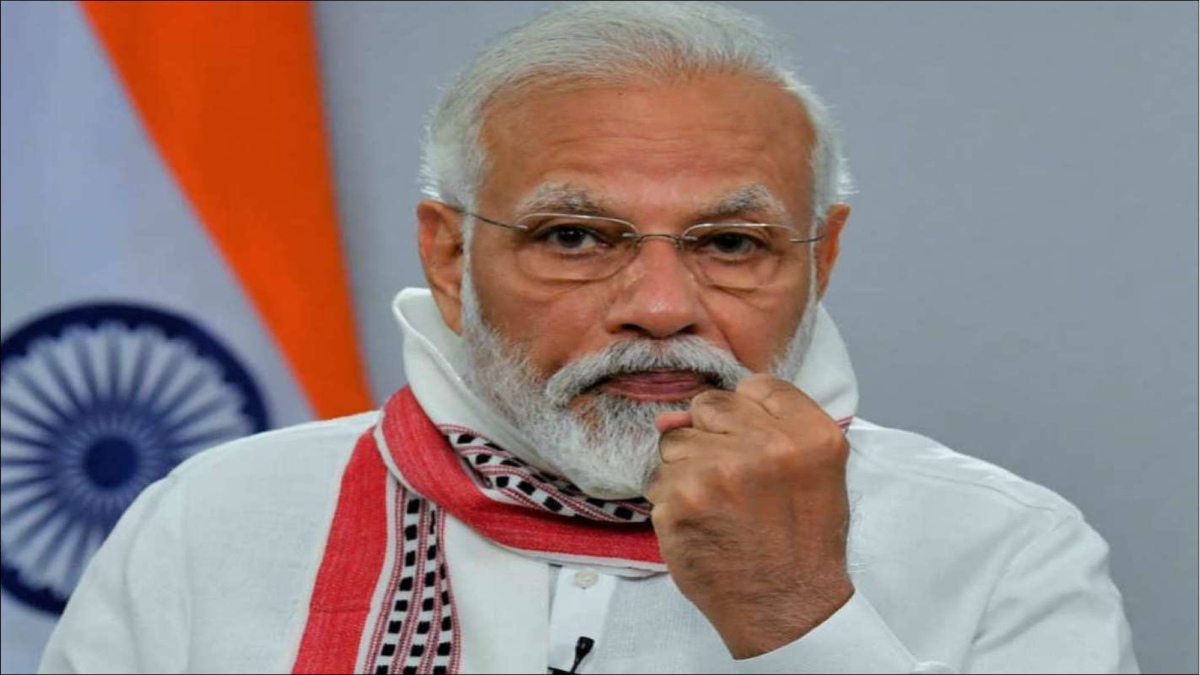
NEW DELHI: With the aim to build a national consensus and spread awareness on the need for “one nation, one election”, BJP, which plans to host one webinar every day in the coming month, organized the first of such events on Sunday.
BJP National Spokesperson Guru Prakash led this gathering in which Baijayant Panda, BJP National Vice President, and P Puneeth, Associate Professor at the Centre for the Study of Law and Governance, Jawaharlal Nehru University, spoke on why simultaneous elections are needed and the legalities involved in doing so.
The idea of simultaneous elections is considered to be an important one for Prime Minister Narendra Modi, who, since he came to power in 2014, has been advocating that all elections – for the Lok Sabha, state assemblies and local bodies – be held together. The argument in favour of this idea is that this will orient various elected bodies fully towards development as the current cycle of frequent polls across the country hampers work. Recently, while addressing the concluding session of the 80th All India Presiding Officers Conference, the Prime Minister had pitched for ‹‘one nation, one election’’, saying that India needs this as polls taking place every few months impacts developmental work.
At the meet, Panda said that there is a need for synchronizing election cycles as it would bring enormous benefits for the country, while elaborating on the various problems that arise out of the nation always being in an ‹election mood’, which includes the cost of conducting those elections and the frequent imposition of the model code of conduct and its impact on governance.
“While midterm elections are a check on the power of the legislature and government, frequent elections are a disruption. Credible voices from different fields have suggested that there is a crucial need for synchronising elections in the country”, Panda said.
On the issue of simultaneous elections being disadvantageous to regional parties, Panda gave the illustrations of elections in Odisha and Delhi, where voters showed ‘maturity’ and voted for different parties at the state and centre, despite the elections being held simultaneously.
Guru Prakash, while interacting with the audience, said that simultaneous elections were in the interest of the country and should be pushed by every political party.
“As PM Modi has said, with the way elections in India have been organised over the last seventy years, a lot of black money is used and a lot of resources are wasted. Every year, some elections take place and now a discussion on electoral reform is taking place. Former President Pranab Mukherjee also supported the theory of ‹one nation, one election’. A discussion between think tanks is also taking place on the issue,” Prakash said.
Legal expert P. Puneeth stated that the idea of ‘one nation, one election’ was not a novelty. Elections to the state and the Parliament had been conducted simultaneously until 1967 when the then PM Indira Gandhi began dismissing state governments and disrupted the election cycle. Puneeth, while laying down the statistics on elections being conducted annually, said that India is in an ‹election mood’ continuously with the model code of conduct being imposed in some part of the country every year, which in turn paralyses development and leads to increased expenditure, increased deployment of security forces, and populist policies, among other factors. According to him, the scope of simultaneous elections is suitable only to the Parliament and state legislature and does not include the panchayats and municipal elections, the latter being the mandate of the State Election Commission.
While suggesting two cycles of elections spread over five years as more feasible and desirable, Puneeth also stated that some amendments would be required in the Constitution.
